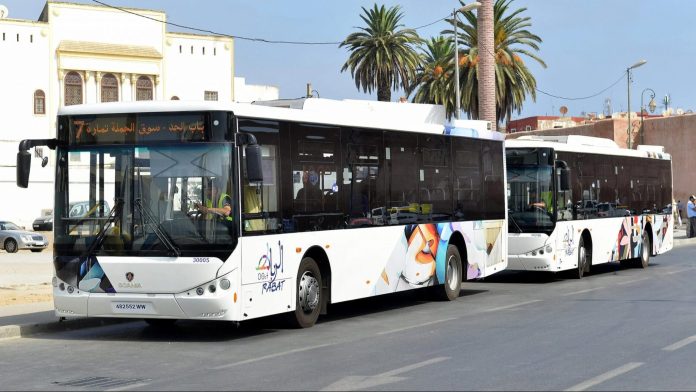A sweeping overhaul of public bus transit is set to reshape urban mobility across the country by 2029, with 84 cities and metropolitan areas preparing to implement a national upgrade program. This initiative, designed in three phases, represents a fundamental shift in how public transportation is organized and operated.
In its initial rollout, the program will involve 37 transit authorities, 18 municipalities, 12 inter-municipal bodies, and 7 consortia of local governments. Backed by an investment of 11 billion dirhams, the plan includes the purchase of 3,746 buses, the development of electronic ticketing and management systems, and the construction of critical infrastructure such as bus stops, signage, parking areas, and maintenance centers.
Unlike earlier approaches, this reform is anchored in a new operational model built on three core principles: separating capital investment from day-to-day operations, placing full responsibility for funding infrastructure on local authorities, and improving contract oversight through modern monitoring tools.
Funding will come from a three-way split. One-third will be provided by regional governments. The remaining two-thirds will be drawn from the Road Transport Reform Support Fund, which has received a significant boost, now allocating 3 billion dirhams annually—up from the previous 2 billion.
Pilot programs are already underway in six regions covering 23 cities, including Marrakech, Tangier, Tetouan, Agadir, Benslimane, and Fez. In these areas, calls for tenders have been issued to hire project management consultants. Four cities have already selected engineering firms to oversee the implementation, while local development companies have begun purchasing a total of 1,317 buses. So far, contracts have been awarded for 968 of them. The remaining 349 will be re-tendered after the initial round failed to yield acceptable offers.
Procurement processes are also active for ticketing and operating systems, with winning contractors expected to be announced by June 15.
The second phase of the project will expand the program to 24 more cities, working with 18 additional local authorities. This stage includes the acquisition of 827 new buses, the integration of advanced management systems, and the selection of future service operators. The final phase will cover 37 more cities, but its timing will depend on the expiration of current transportation contracts.





